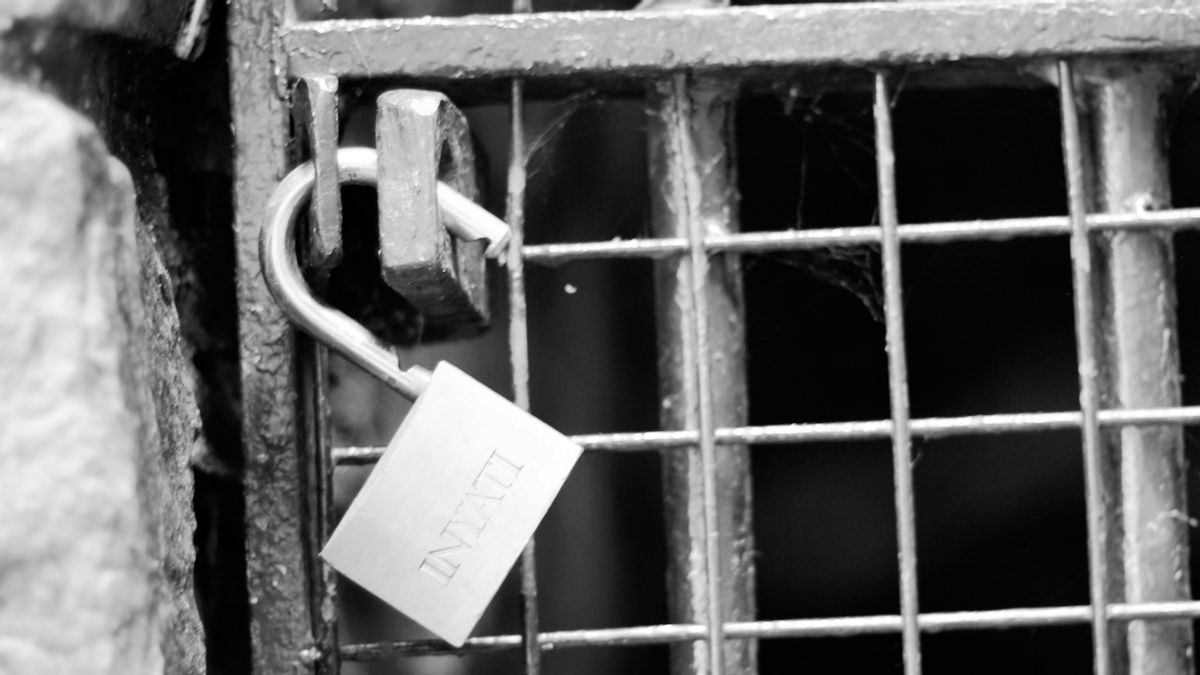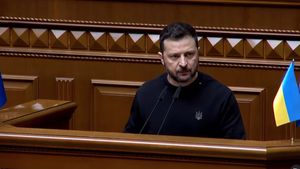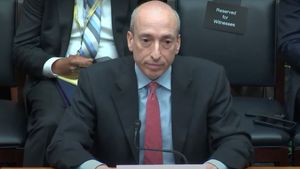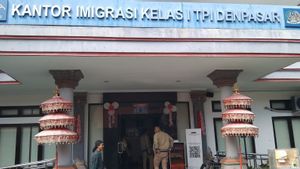JAKARTA - Commission IV of the DPR RI expressed concern over the cases of Nyoman Sukena (38) and Piyono (61) who were convicted of keeping protected animals. The DPR underlined the negligence of the two because of their ignorance of regulations.
"This is the impact of the failure of government socialization to the public regarding conservation regulations or regulations. The government should be able to carry out more intensive socialization and education related to protected animals," said Member of Commission IV DPR RI Daniel Johan, Thursday (12/9/2024).
Nyoman Sukena was arrested by the police for keeping fourhogs of the Javanesehog or Hysterix javanica type. Initially he only kept 2 Javanese Landaks but now they have become 4.
Currently, Sukena is being held and is undergoing trial at the Denpasar District Court (PN), Bali, on charges of violating Article 21 paragraph 2 a in conjunction with Article 40 paragraph 2 of the Republic of Indonesia Law Number 5 of 1990 concerning Conservation of Biological Natural Resources and Their Ecosystems (KSDA-HE). He faces up to 5 years in prison.
Meanwhile, Piyono, a Malang resident's grandfather, has just been sentenced to 5 months in prison for raising a Gar alligator fish. He is considered proven to have violated Article 88 in conjunction with Article 16 paragraph (1) of the Republic of Indonesia Law Number 31 of 2024 concerning Fisheries in conjunction with PERMEN-KP RI No. 19/PERMEN-KP/2020.
Both of them received public support because they were convicted when they did not know that their pets were protected wildlife. Daniel said cases like this should be a lesson for the Government because it turns out that there are still many people who do not understand the protection of rare animals.
"This case raises big questions regarding the public's understanding of the law on the ownership of rare animals. It can be said that the basic problem in the application of the law of rare and protected animals in Indonesia is the lack of adequate socialization and education to the community," he said.
Daniel said the government should be more aggressive in socializing and educating about conservation regulations so that the public understands the consequences of protected animal ownership. Moreover, some rules are still relatively new.
"The government through the Ministry of Environment and Forestry (KLHK) and the Natural Resources Conservation Center (BKSDA) and related agencies need to create clear and comprehensive educational programs about these regulations and be massively distributed," said Daniel.
"When people are not given sufficient information about animals that fall into the rare or protected category, they are at risk of facing severe punishment without realizing that their actions violate the law," added the legislator from the West Kalimantan I electoral district.
Daniel said that currently access to information about protected animals is very limited. As a result, many people do not know that they violate the law when raising rare animals.
"If that's the case, it's a pity for the people that they accept punishments that they don't know, even though they intend to maintain them as animal lovers," said Daniel.
Members of the Commission in the DPR who play a role in supervising agricultural, marine, forestry, and environmental policies assessed that the Government needs to issue a list of protected animals and where these animals are still often found. Daniel reminded that information about this must be reproduced through various facilities.
"So that people know more clearly, what types of animals should not be kept and considered as part of a protected ecosystem are anything," he said.
Daniel added that campaigns and socialization of regulations also require a social approach. Apart from through mass media and social media, direct socialization also needs to be carried out, especially in areas that are at high risk of violating the law of protected animals.
"The Sukena and Piyono cases show that there is still a lot of work that the government needs to do in terms of socialization, education, and fair law enforcement," explained Daniel.
Furthermore, Daniel also highlighted the criminal sanctions applied to Sukena and Piyono. According to him, cases like this should be more coaching and not directly criminal.
"There should be a special regulation or a more flexible mechanism for residents who accidentally violate the laws related to rare animals. Because the animals are also maintained properly, and are not traded," said Daniel.
"For example, give them the opportunity to hand over the animal to the competent authority without the threat of severe sanctions. Even if there is a punishment, give coaching sanctions such as having to participate in training and help the Government carry out socialization about conservation rules," he added.
Daniel also highlighted the insensitivity of the authorities in this matter. He stated that law enforcement and BKSDA should also be able to see the motive or background of the case.
For example, in the case of Nyoman Sukena, the Javanese Landak that was kept was considered a pest by the local community, so they were arrested to protect the residents' plants. Nyoman's good intention, who kept the Javanese Landak from his in-laws, was actually punished.
"Sukena maintains the Landak with good intentions, without any intention of hurting or trading it. This should be a consideration in the legal process. Don't be immediately subject to a crime," said Daniel.
"This case also shows the lack of government performance because it cannot convey good education to the public. It should also be an introspection for the Government," he continued.
Daniel also reminded the government and law enforcement to pay attention to humanitarian considerations in cases where there are no such victims.
'This is also a chicken farmer, if he is imprisoned then how is the economy of his family. Grandpa Piyono is also elderly, there must be considerations as long as the loss is not there," he said.
"If now many people feel angry about this, I think it's natural. Because they are not criminals, and their mistakes are also based on good intentions but instead arrested. The government and law enforcers should be able to give humane justice to cases like this," concluded Daniel.
The English, Chinese, Japanese, Arabic, and French versions are automatically generated by the AI. So there may still be inaccuracies in translating, please always see Indonesian as our main language. (system supported by DigitalSiber.id)













